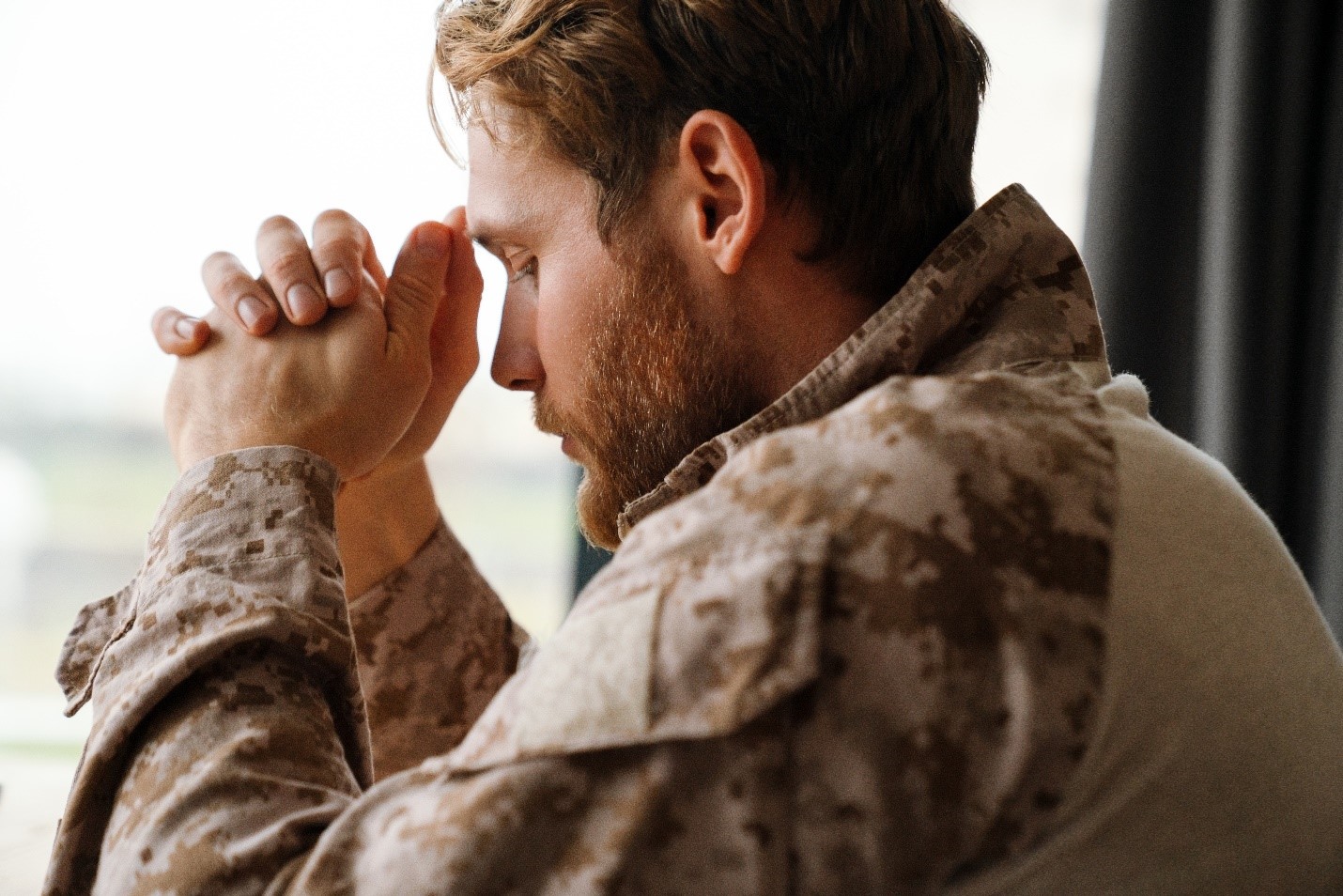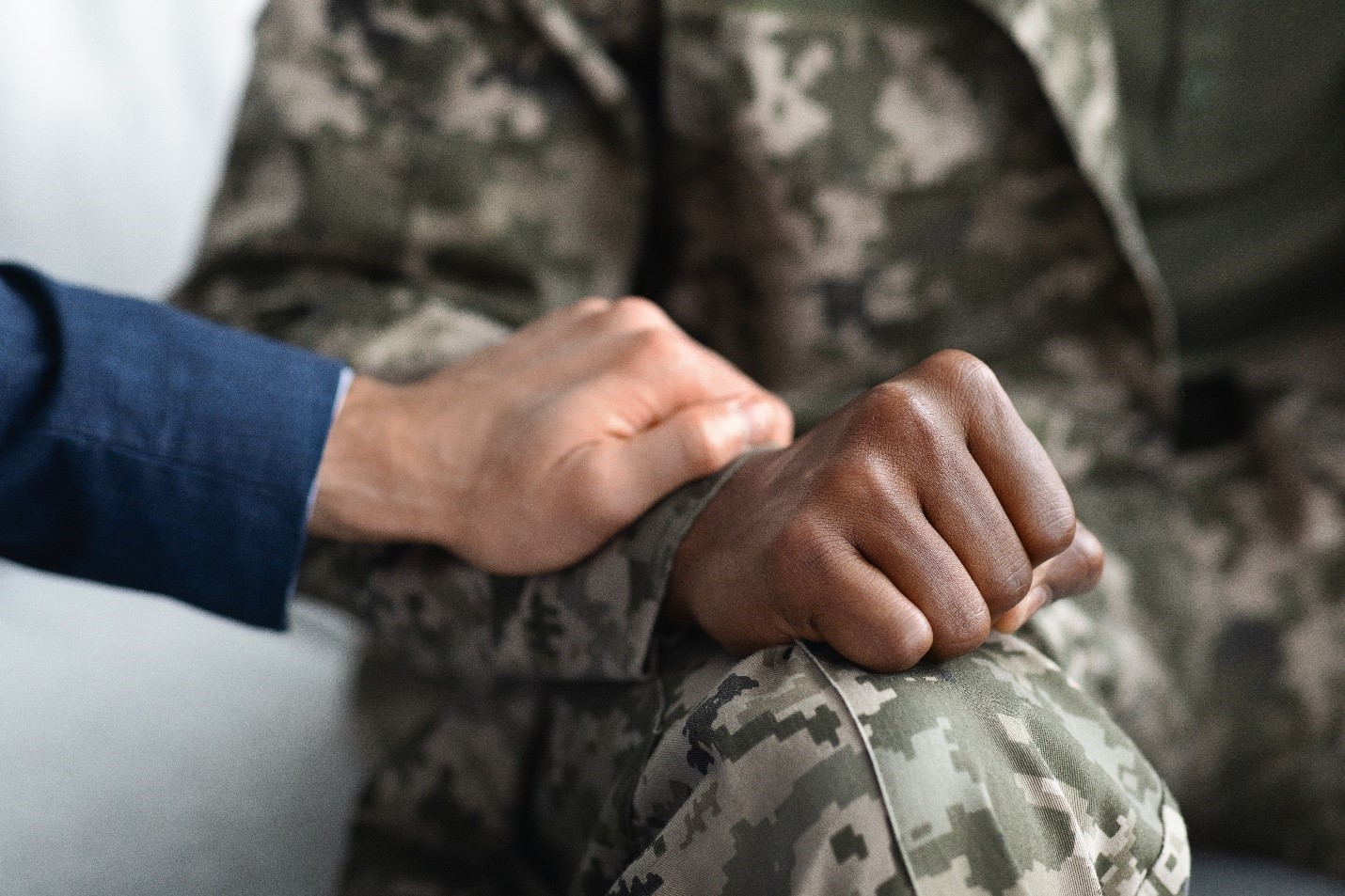The Fight Within: Service Members Battle with Substance Abuse

November 11, 2022
Service Members Fight With Substance Abuse
Service members fight wars to keep us safe, but quite often they engage in a war that doesn’t involve bullets or missiles – it involves substance abuse. Nearly 5.5% of all military personnel were considered to suffer from alcohol abuse, which is extremely problematic when compared to the nearly 7% of the general population. Among veterans, more than 1 in 10 have a Substance Abuse Disorder (SUD), which is slightly higher than the general public.
Unfortunately, drinking is part of military culture. This makes it easier to develop an alcohol use disorder, as it often leads to binge drinking. Alcoholism has become more prevalent in the barracks as opposed to drug addiction, due to the dishonorable discharge given for illicit drugs.
Why Do Service Members Become Addicted?
While there are certainly contributing factors, many addictions in the military revolve around mental health. The most obvious comes in the form of Post Traumatic Stress Disorder (PTSD). Live combat can have a negative effect on the psyche of a human being, especially after being exposed to the horrors of the battlefield. So, it stands to reason that a higher number of deployments comes with a greater chance of addiction.
Oftentimes, service members are forced to be away from their families for an extended period. Being recently married or having a newborn, coupled with a lack of communication with the family, makes the separation seem farther away. Depression comes to life as a result.
Service members can get injured, sometimes severely. Depending on the injury, pain medication may be needed. Some of the most common painkillers include:
- Oxycodone (OxyContin)
- Hydrocodone (Vicodin)
- Morphine
- Methadone
- Fentanyl
Therefore, becoming a drug addict in terms of painkillers is entirely possible. One of the most dangerous is fentanyl addiction, due to it being more potent than the others. Painkiller addiction is far more common than heroin or cocaine addiction, as these illicit drugs can result in a dishonorable discharge, making it more difficult to find a job in civilian life.
Marijuana addiction can also stem from the need to cope with said injuries and trauma, as it can act as a pain reliever and anxiety reducer. Nevertheless, a dual diagnosis can develop. This occurs when we have a mental health condition and develop an addiction in order to cope. Because of this, we must now treat both respectively.
The Devastating Impact of Substance Abuse in The Military
The repercussions of substance abuse by service members can be detrimental to not only themselves but to those around them. For active-duty members, it can slow reaction times during combat, which can increase the chance of death. It also disrupts the unit and puts the lives of fellow soldiers in jeopardy. Then, of course, there is also the risk of discharge.
In terms of veterans, substance abuse can lead to the serious issue of domestic violence. It can also make it more difficult to adjust to civilian life, which in and of itself is tough for veterans to do. The lack of adjustment may result in homelessness. The most severe problem addiction can create for service members is suicide.

How to Get Help
In addition to the stigma and lack of confidentiality, the military’s zero-tolerance policy often poses challenges in addiction treatment. It can also limit future deployment opportunities. Fortunately, there are other avenues to addiction recovery.
Therapy and substance abuse counseling are maybe the most effective method for alcohol addiction treatment and drug addiction treatment. For example, trauma therapy will help discover the root of and overcome the source of addiction. In group therapy and support groups, we can connect with other members who have had similar experiences and learn from each other.
Becoming active in the community will still give that feeling of being able to help others. In addition, there are various addiction treatment centers in the form of rehabilitation centers or sober living. These facilities serve as a potentially effective solution for alcohol detox and drug detox. There is the option of reaching out to the VA as well.
Service members give their lives to protect everyone else’s lives by winning wars overseas. It’s vital that they win the war within themselves against substance addiction.

